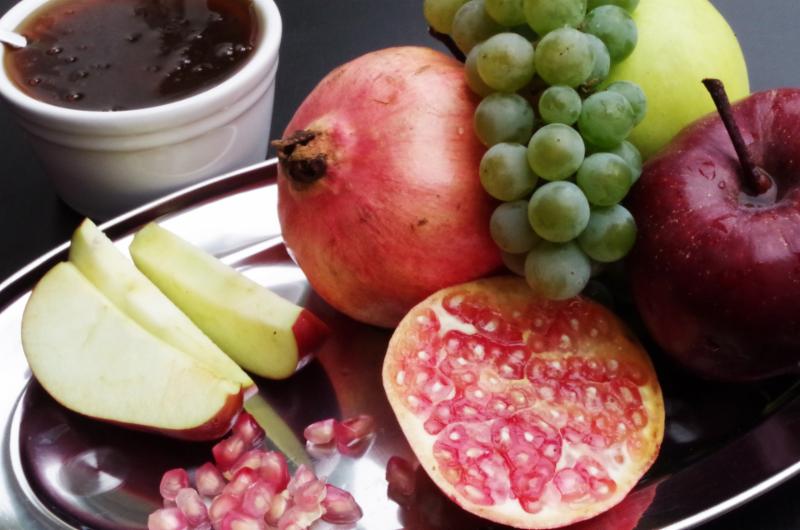What is Rosh Hashanah- the Jewish New Year?
Rosh Hashanah is a time when we review the year which has passed and set out aims for the year ahead. It’s a time that asks us how we have lived thus far. Have we drifted? Have we traveled down the wrong path in life? Does the way we live give us a sense of purpose, meaning and fulfillment?
We are judging ourselves, rather than someone else criticizing us. (and sometimes, we are our worst critics!)
Rosh Hashanah marks the day we stop and see whether we need to change direction. Time is short and wasted time can never be regained. It’s a holiday designed to see that we live for the things that matter, that bring meaning and value and joy.
We take an accounting of our year:
- How can I add to my life and soul?
- How can I be a better version of myself?
- How should I really have behaved in a specific social interaction?
- Am I significantly better than I was this time last year?
- Did I use social media to make people feel good, to compliment and support them, and to reach out to friends who might be lonely?
- Have I given to charity?
- Have I donated my time to less fortunate or to a worthy cause?
 There are festive traditions that have been passed down centuries. ( mainly food related, of course). We eat:
There are festive traditions that have been passed down centuries. ( mainly food related, of course). We eat:
- Apples dipped in honey (for a sweet new year)
- Round Chalahs (sweet, doughy bread) dipped in honey These are round instead of the traditional oblong braided bread because we want sweetness and goodness the “whole year round”.
- Dried fruits from the harvest
- Pomegranate- the seeds represent fertility

We listen to the shofar which is a ram’s horn. Historically, the shofar called people into battle or meetings. There are also beautiful liturgic melodies passed down for generations that are only sung this time of year.
We pray for things like being slow to anger and quick to forgive, for more patience. We meditate.
But the Jewish New Year is actually a ten-day period when we try to be on our best behavior (along with making resolutions) that ends Yom Kippur sunset when the heavenly book closes and our fate is sealed for another year.
According to Lord Jonathan Sacks (from England):
Give your children values, not presents. Presents give delight for a day, values bring happiness for a lifetime. Give your children materialistic values and you will spoil them forever; nor will they thank you for it in later life. Give them ideals, teach them to love, respect, admire, train them to take responsibility and to give to others.”
Be grateful for what you have. Remember, that what you have is only a dream for the less fortunate. Try to be a better person, not for these ten days alone but for your lifetime, now and to come.
Have a happy and healthy New Year!


